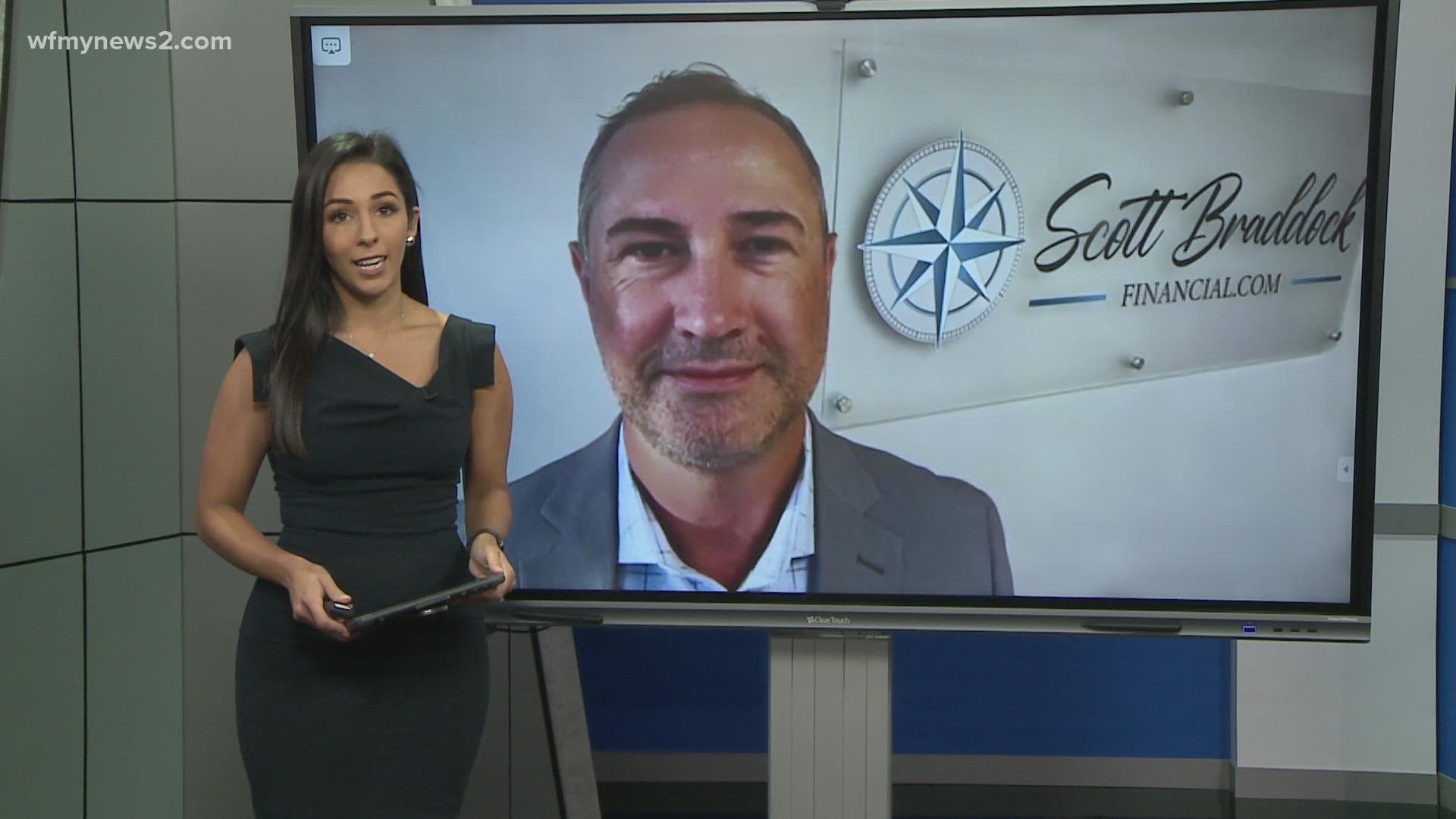GREENSBORO, N.C. — A new survey says 40% of Americans actually fear retirement more than death. The study found 87% of people fear not having enough income in retirement. The second biggest fear is losing health insurance. A variety of factors are influencing these fears. Many Americans are facing retirement savings shortfall and more than half worry about the future of social security.
When deciding to retire, one of the biggest factors to consider is if you have enough money saved. To sustain your lifestyle in retirement. A comprehensive plan will help you feel more secure as it outlines your retirement goals and the path you need to take to achieve them. A financial plan gives you an opportunity to review your goals, update them, and keep track of your progress.
One of the best things to do if you are behind on saving for retirement is to increase how much you’re contributing to your retirement accounts. Ideally, you should be contributing 10-15% of every paycheck to your 401(k). If you can’t manage that, you need to be contributing at least enough to get the company match. Once you start saving, work your way up to that 15% by increasing your savings by 1% every year. Some retirement savings plans will allow you to automate increased contributions, so you don’t even have to think about it. Another great idea is to increase your contributions with every raise you get. This way, you start saving the money before you get used to it and start spending it.
Health care is one of the biggest expenses for retirees, not to mention one of the most unpredictable, yet people often overlook it. An average 65-year-old retired couple this year would need about $300,000 in after-tax savings earmarked for health care costs in their golden years. To estimate how much you will spend on health care, look at your current health, your family history, and expected longevity. I recommend having 3-6 months' worth of expenses set aside in a separate savings account. This money should only be used for an unexpected expense like a hospital bill.
Social security will likely be around, but you shouldn't rely on it as your only source of income in retirement. Social security is only designed to replace about 40% of your income, and we tell clients they will likely need as much as 80% of their pre-retirement income to maintain the lifestyle they want in retirement. Social security rules are complex, so it’s important to have a strategy for tapping into your benefits. I recommend sitting down with a financial professional and talking through all the options available to your specific situation.

